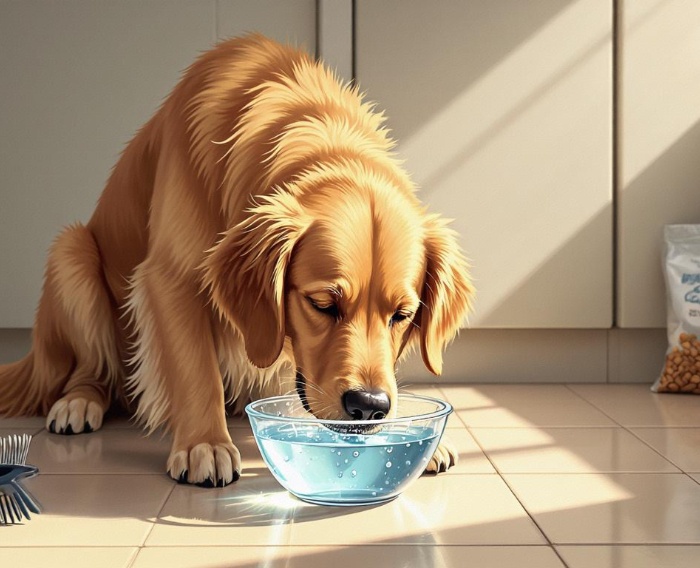Because caring for your pet begins with the most basic need—clean water.

Water plays a central role in every aspect of a pet’s health. It is the second most essential substance for life after oxygen. On average, over 60% of your pet’s body is made up of water, and nearly all biological processes—from temperature regulation to digestion—rely on proper hydration.
Insufficient water intake can lead to a range of health problems, including:
Urinary tract infections
Kidney or bladder stones
Dehydration-related fatigue and loss of appetite
“Water is the most natural and effective way to prevent urinary and kidney-related illnesses in pets.” — Veterinary Insight
The daily water requirement varies depending on species, body weight, diet, physical activity, age, and weather. Here’s a general guide:
| Pet Type | Daily Water Requirement |
|---|---|
| Dog | 50–60 ml per kg body weight |
| Cat | 45–50 ml per kg body weight |
Tip: Pets on dry food diets typically require more water than those on wet food diets. Always observe changes in drinking habits, especially in hot or cold weather.
Not all types of water are suitable for pets. Understanding the pros and cons is key to maintaining long-term health.
Often contains chlorine, bacteria, and residual disinfectants that may upset your pet’s digestive system or lead to chronic health concerns.
Rich in minerals like calcium and magnesium, which may exceed a pet’s physiological needs. Excess intake could increase the risk of kidney or bladder stones.
Processed through distillation, reverse osmosis, or deionization, purified water removes most harmful impurities, heavy metals, and excess minerals. It is the safest daily option, especially for pets prone to urinary issues.
Boiling helps eliminate most bacteria and parasites. Although not as thorough as purification, it is a practical and accessible choice if filtered water is unavailable. Be cautious: boiling does not remove heavy metals or chemical residues.
Clean water is only part of the equation. The way it’s served matters too.
Wash food and water bowls daily with soap and rinse thoroughly
Place water bowls in cool, shaded areas, away from direct sunlight
Change water at least once per day, more often in hot weather
Use stainless steel or ceramic bowls to avoid bacteria build-up in plastics
Choose the right bowl size for your pet’s breed and drinking habits
Summer: Provide slightly cool water to prevent overheating
Winter: Use lukewarm water to encourage drinking and prevent chills
After exercise: Offer fresh water promptly to replace lost fluids